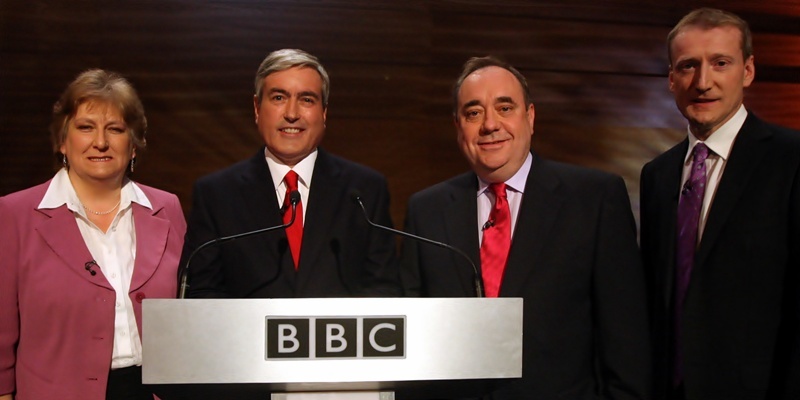One consequence of the destruction wreaked by the SNP in last week’s election is that it has now cost all three main opposition leaders their job.
Labour’s Iain Gray was the first to go, gracefully releasing a statement confirming he would stand down as leader in the autumn while the final votes were still being counted on Friday.
Next up was the Liberal Democrats’ Tavish Scott, who, clearly devastated at the routing his party took, resigned with immediate effect over the weekend.
Now Tory leader Annabel Goldie has followed suit, saying the time is right to pass on the torch.
Mr Gray had no choice but to go, given the scale of his failure, and the Labour Party must now move to reform and restructure from top to bottom.
Mr Scott, however, is a slightly different case. To drop from 16 MSPs to five is obviously disastrous for any leader, but most people understand the collapse in the Lib Dem vote was caused by decisions in London.
The Scottish party’s fate was sealed the second Nick Clegg signed the coalition agreement.
Former Dunfermline MP and new Mid Scotland and Fife MSP Willie Rennie seems the most likely candidate to take over.
Ms Goldie, meanwhile, has been a popular Tory leader, whose approval ratings have consistently been higher than that of her party.
A recent review of party structures north of the border means an election will be held to determine the new leader. Mid Scotland and Fife MSP Murdo Fraser is among the frontrunners.
If he does take the job, his overriding concern will be to find some way to succeed where Miss Goldie failed namely, in disassociating the party from the deeply unpopular stain of Thatcherism.
Holyrood and Scottish politics more generally was changed forever last week, and it is right that the personnel fronting the opposition to the SNP is freshened up.
But the challenge the replacements face is an unenviable one.
